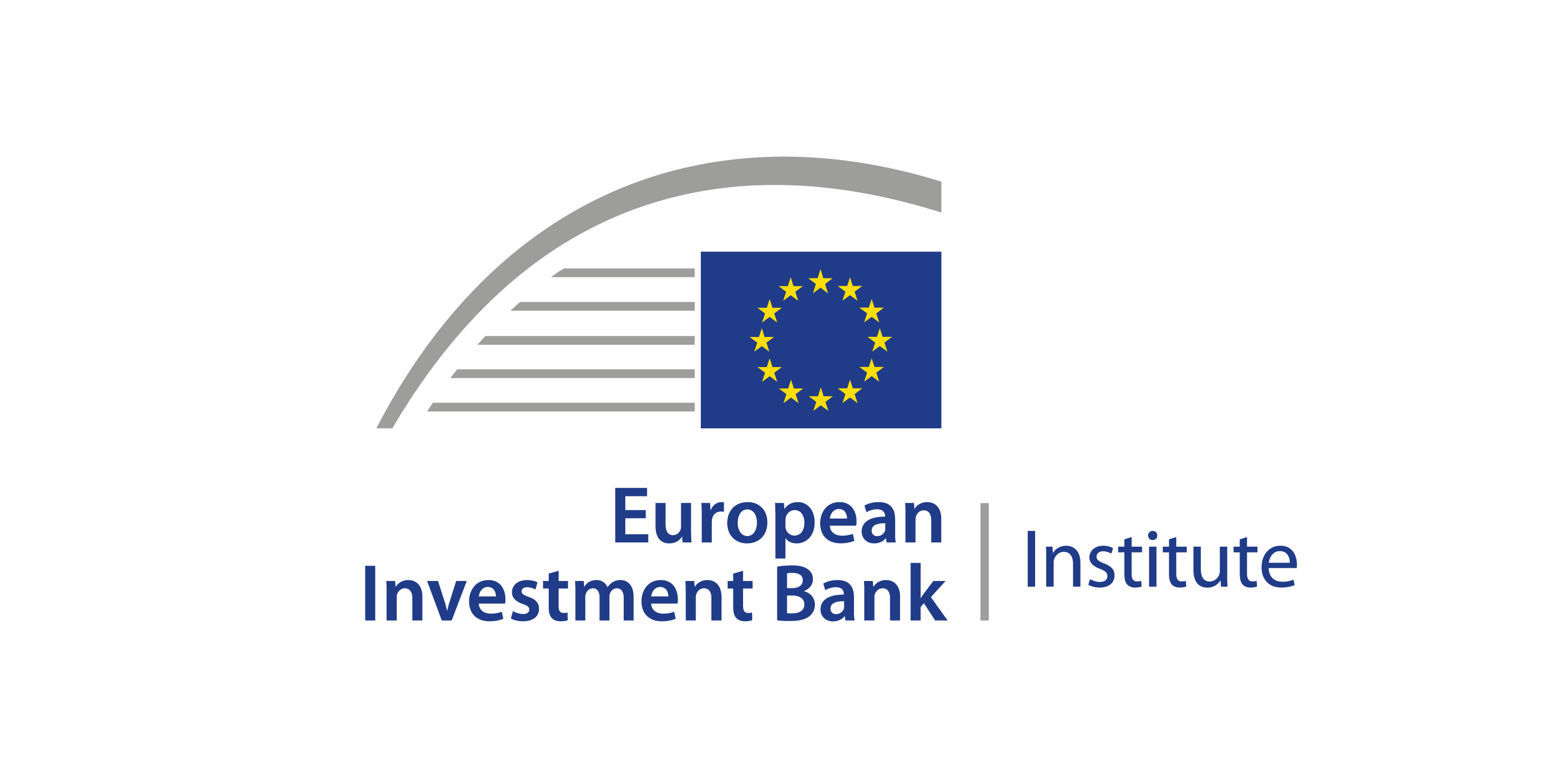We are currently migrating our website to www.eib.org to reflect all the initiatives we have been putting in place.
For the latest news, check our social media or contact us at institute@eib.org.

We are currently migrating our website to www.eib.org to reflect all the initiatives we have been putting in place.
For the latest news, check our social media or contact us at institute@eib.org.